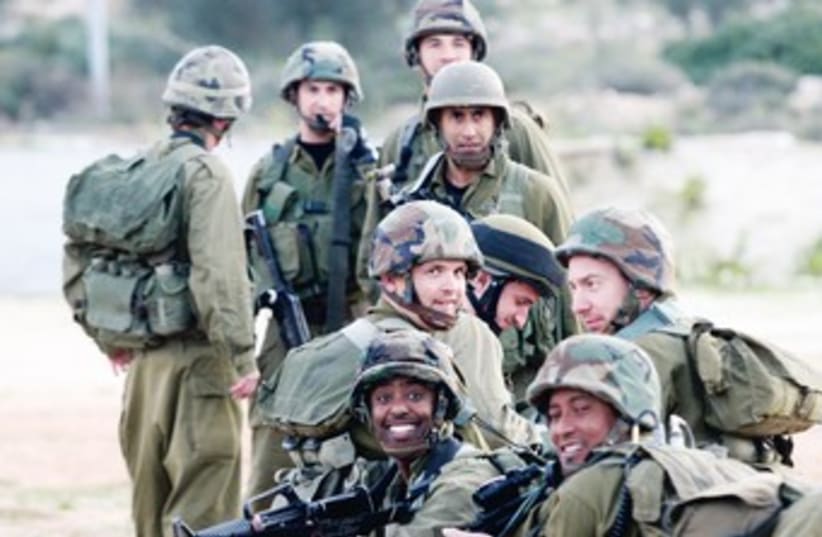The writer is co-director of the Talking Peace Project and author of A Prophetic Peace, Judaism, Religion and Politics, Indiana University Press, 2011
Putting peace before liberalism is crucial
I developed a starkly unapologetic capacity to pray for terrible things under the duress of battle.

The writer is co-director of the Talking Peace Project and author of A Prophetic Peace, Judaism, Religion and Politics, Indiana University Press, 2011